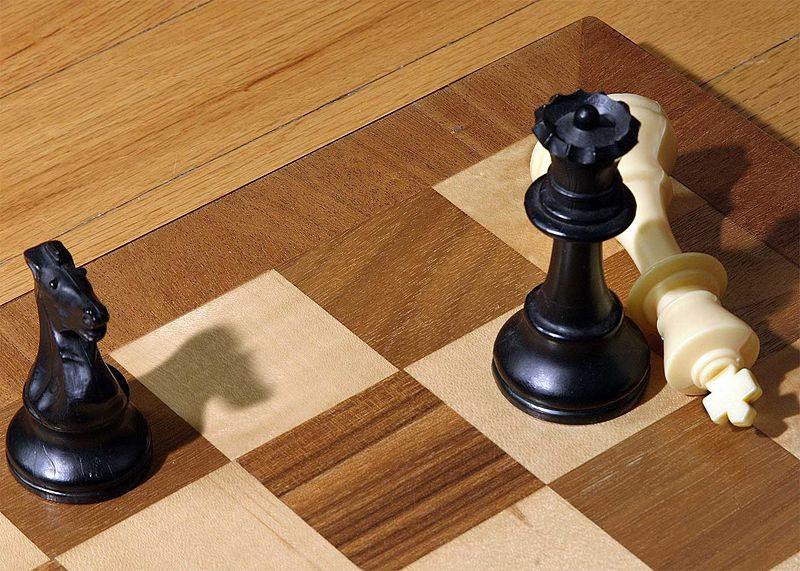So, you’ve played or opening game really well. You had strategies in place and worked on implementing them. You had even managed manipulate your opponent into tricking a few moves to your advantage and took a significant leave. But then, things seemed like getting rattled. With just a few pieces left for both of you, somewhere you feel you can’t win because you are not sure how to tactically move your remaining pieces towards victory and the opponent is starting to gain an upper hand.
Well, this is probably the most common concern for every beginner and sometimes for pros as well – endgames. As much as you emphasize the importance of opening well, endgame is equally crucial for any game. It’s only during the endgames that tables take a turn. For instance, if you’ve been dedicating all your strategies and moves to safeguarding your king during the middle game from getting checkmated, you now have to focus on making your king an attacking piece during endgames. Pawns gain significant importance during endgames in terms of advancing in ranks and more. Endgames decide if you’re going home satisfied or regretting that one move you shouldn’t have made.
So, for all those of you who’re tired of losing to people younger than you, here are a few endgame tactics that will help you gain an upper hand in the game and make better chances for winning. Though opening games highly influence the way a game will unfold, there are no set positions you can bring your pieces to. However, there are a few theories and tactics you can use which will improve your game. Check them out.
1) The King is King for the Right Reasons:
From being protected from checkmates, endgames are the times kings truly evolve into their full potential as we mentioned. So you need to know the right time to start using your king for attacking. Since kings are the best to attack pawns, the more centralized your king is, the better your chances of winning the game are. Remember that this can happen only when there are a very few pieces left on the board. When there are too may, the chances of your king getting attacked increases. So, practice and master the art of taking charge of your king at the right time.
2) Decide if it will be the knight or bishop
If you’re having second thoughts on deciding which piece you should make your next move with, just boil down the entire scenario into a single rule of thumb. If you see an open position, make your move with the bishop and if it’s a closed position in front of you, it is always the knight. As you know, bishops are very powerful in moving in open diagonals and knights are perfect to move multiple steps where there are opponent pawns cluttering your way.
3) The Right time for Exchange
Pawns are some of the best pieces to retain for endgames as their positions and significance increase during the last few stages of the games. If you’re the one possessing commendable material advantage in the game, one of the ideal endgame tactics you can use is exchanging pieces. However, keep in mind to retain your pawns because as you further advance into the game, those pawns are going to do more things than you imagined.
4) Close-knit Pawns
An isolated or secluded pawn is really difficult to protect. So is protecting doubled pawns. The more you keep your pawns together, the better your endgame will be. However, keeping your pawns together requires a great deal of planning, especially during the opening or middle games.
5) Keep calculating your moves
Now most beginners come into the assumption that they can stop formulating strategies and calculating moves once they’re realized they’ve reached the endgame. That’s wrong. Making calculated moves becomes more crucial when you have very few pieces left on your board. You don’t have to simply respond to your opponent’s moves but come up with variations with your pieces and keep developing moves that will manipulate your opponent. Remember that calculated moves are not meant for middle games alone.
So, these are some of the basic endgame theories or tactics we tend to follow and teach to beginners. Being a beginner, it is easy to get frustrated because of series of losses. So it becomes important to master a few basic tactics to keep the interest in the game sustained and progress in chess. If you know of any interesting endgame tactic, share them on your comments.


